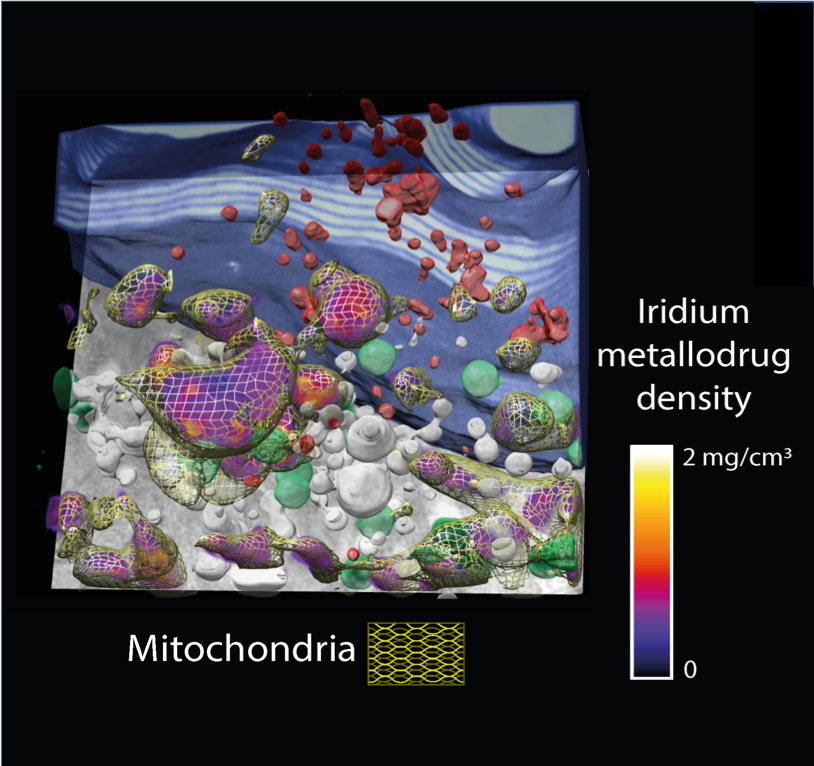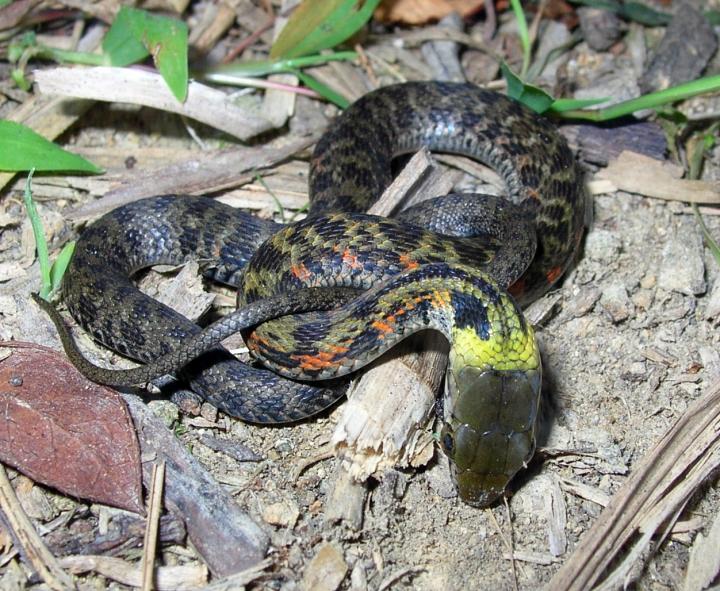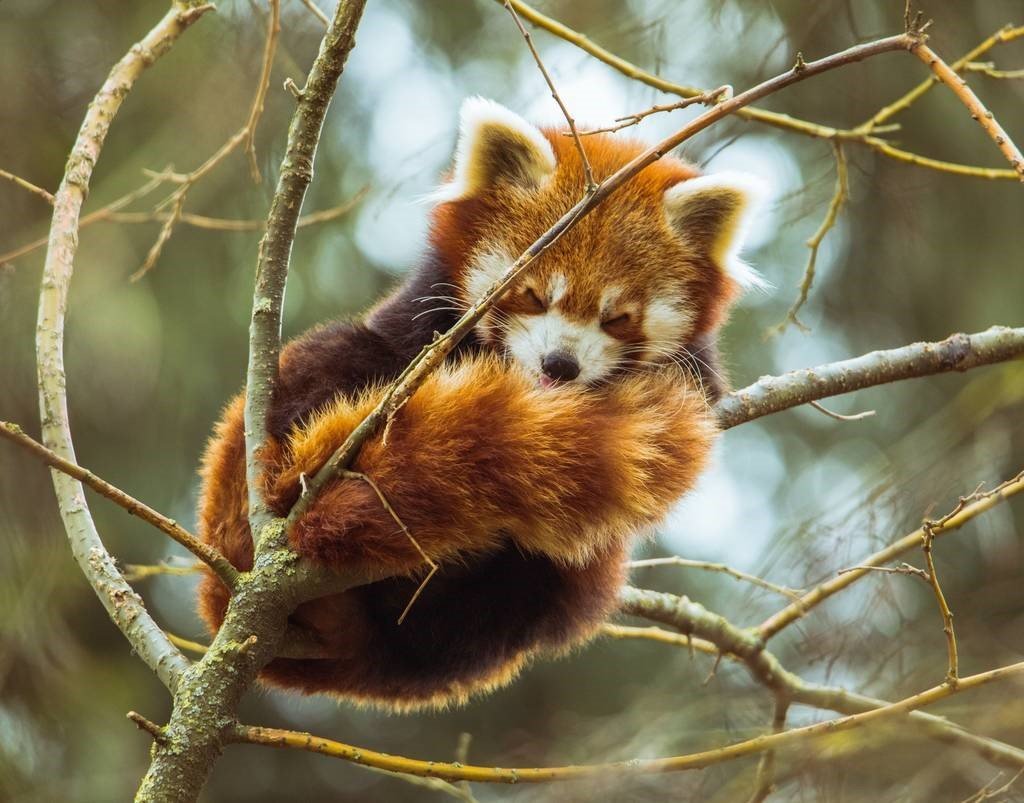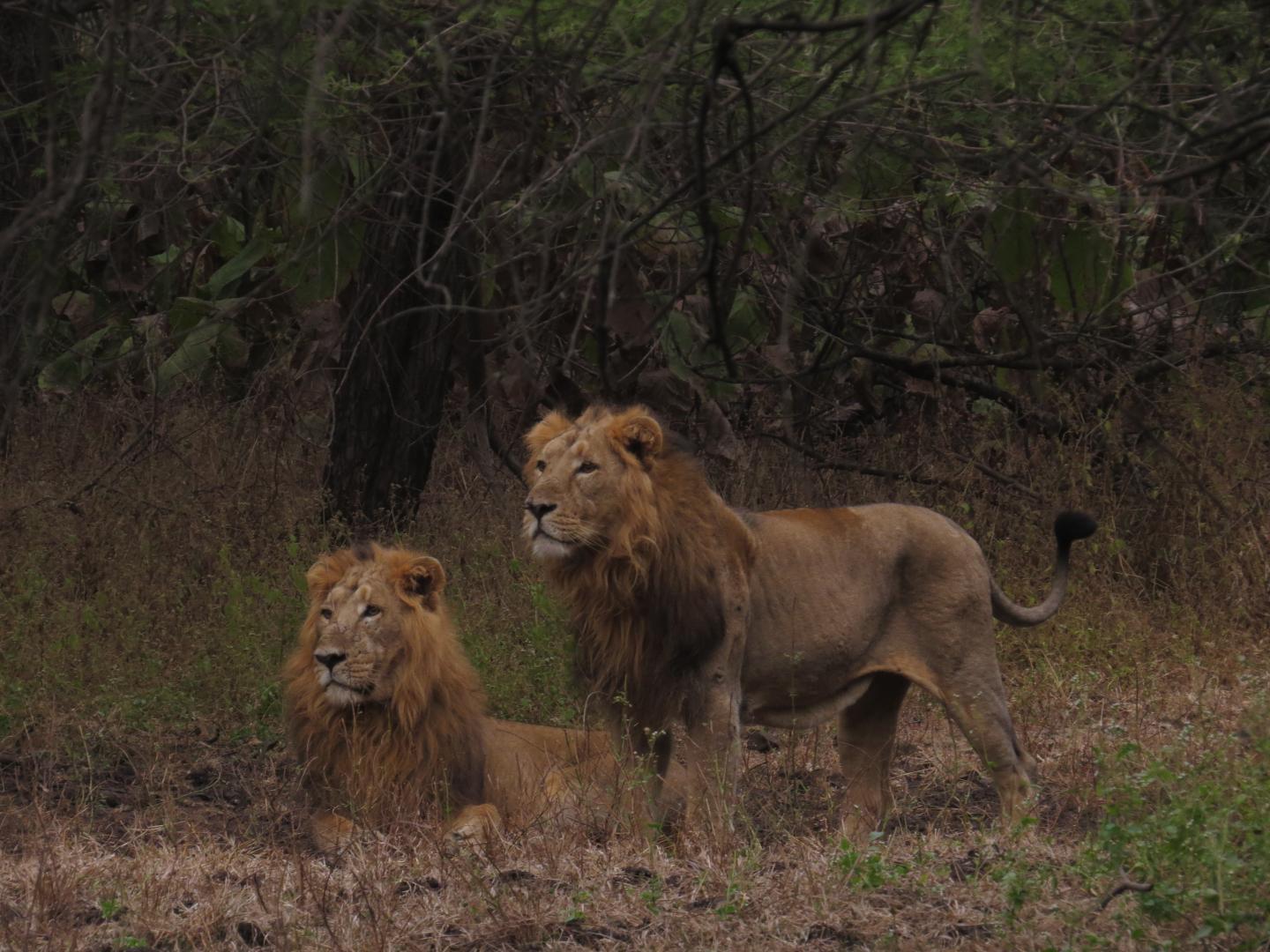Sorghum study illuminates relationship between humans, crops and the environment in domestication
Nature Plants Jianming Yu, Xianran Li et al. Iowa State University IowaStateU A new study that examines the genetics behind the bitter taste of some sorghum plants and one of Africa’s most reviled bird species illustrates how human genetics, crops and the environment influence one another in the process of plant domestication. The study untangles … Read more





